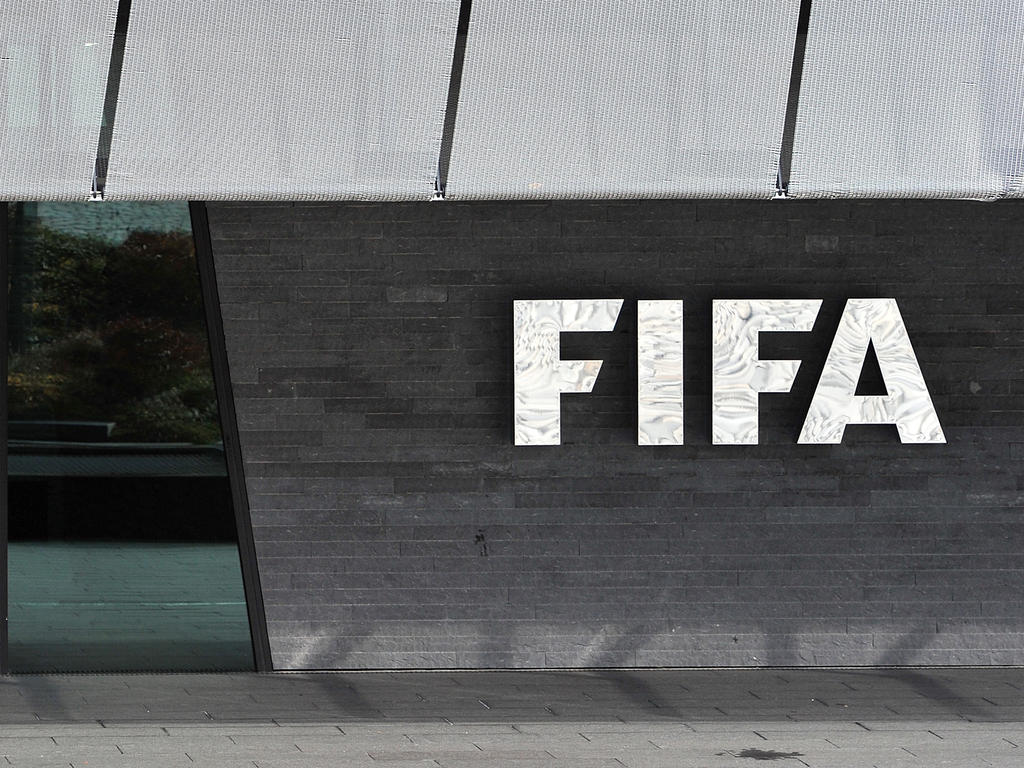Qatar sporting ambitions rise from the desert

Most countries hosting sporting events build several new stadiums and refurbish a few old ones, but such an approach was never likely for uber-ambitious Qatar.
The super-rich Gulf state has gone considerably further by beginning work on building an entire new city from scratch in the desert -- Lusail -- that will eventually host the football World Cup final in 2022.
This week the $45 billion (38 billion euro) project, some 15 kilometres (10 miles) north of the capital Doha, faces its first high-profile test when it plays host to the World Handball championships.
Twenty-four teams will contest for a cup made of pure gold. France, Denmark and Spain are among the favourites and Qatar's national team is predicted to make the quarter-finals.
But it is what happens off the handball court that is arguably far more important for Qatar's sporting ambitions.
The tournament provides a chance for Qatar not only to show that it can successfully host a World Cup, but also begin to reverse the negative press which has surrounded its sporting ambitions, especially in the West, said Simon Chadwick, professor of sports business strategy at Coventry University.
"The established perception needs to be changed and reversed," he told AFP. "What Qatar needs is tangible proof that its strategy (of investing in sport events) is working."
The handball provides an opportunity for people to "get to know Qatar for running high-profile sports events rather than being a country in the desert with lots of money and accused over FIFA scandals," Chadwick added.
It is the Lusail Multipurpose Hall which will provide that litmus test for Qatar's aspirations.
The opening ceremony, opening game, final and many of the major games that take place between January 15 and February 1 will all be played at the hall, a dome-like $300 million structure that rises improbably out of the Qatari sands.
A somewhat bizarre sight, it is surrounded at present -- like a small airport -- by little more than vast car parks, and tended to by hundreds of workers making last-minute preparations for the start of the tournament.
Beyond the very modern structure lays desert. But in a few years' time the stadium, which holds more than 15,000 fans, will be just one tiny part of a gigantic urban development.
The scale of the project, even in a country where building works take place 24 hours a day, is unmatched.
It is the largest single development ever undertaken in Qatar and one of the largest underway anywhere in the world.
When finished in 2019, more than 200,000 people will call Lusail home.
It will be the first green city in Qatar, a 38-square-kilometre (15-square-mile) metropolis that will be home to 22 hotels, 36 schools, luxury waterfront homes, a blue lagoon, two golf courses, an underground metro link, tunnels carrying chilled water pipes to cool buildings and shopping malls.
At its heart will be the 86,250-seat Lusail Iconic Stadium that will host football's 2022 World Cup final.
Inevitably, Lusail has become embroiled in the continuing scandal over dangerous work practices in the Qatar construction sector.
A report last November in British daily The Guardian said forced North Korean labourers working seven days a week and paid a pittance were behind Lusail's spectacular rise from the desert.
The same newspaper alleged a year earlier that migrant Nepalese workers were dying at the rate of one a day working on the Lusail project, largely from on-the-job accidents.
The head of the handball organising committee, Thani al-Kuwari, told AFP there had been no fatalities among the 26,000 workers who had worked 31 million man hours to build the stadium where the final will be played.
Work at the hall has continued until the very last moment, with hundreds of labourers and security guards fanned out across the site, including on the hall's gleaming and distinctive white and blue roof.
As the finishing touches were being carried out, Chadwick said the handball provided Qatar with an important chance to start winning over its many doubters.
"Such events as the handball are important for Qatar to demonstrate it can manage high-profile events," he said.





